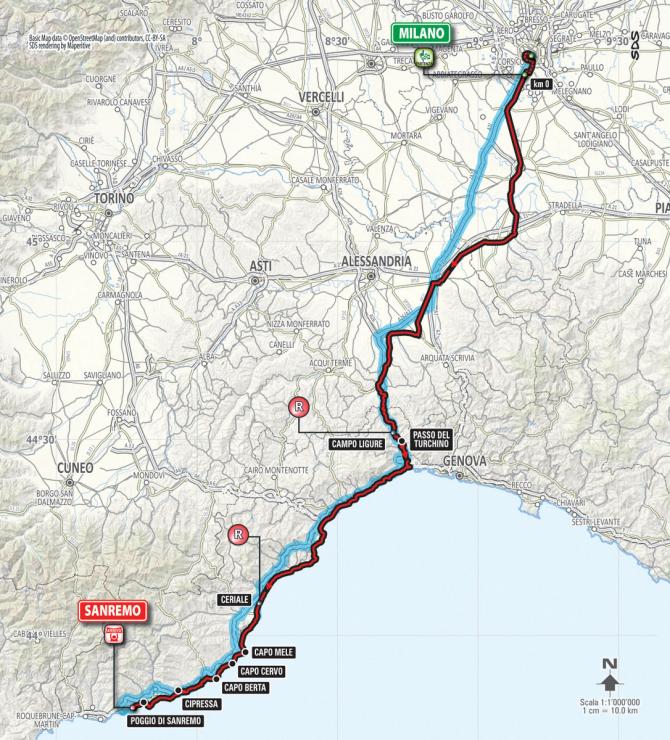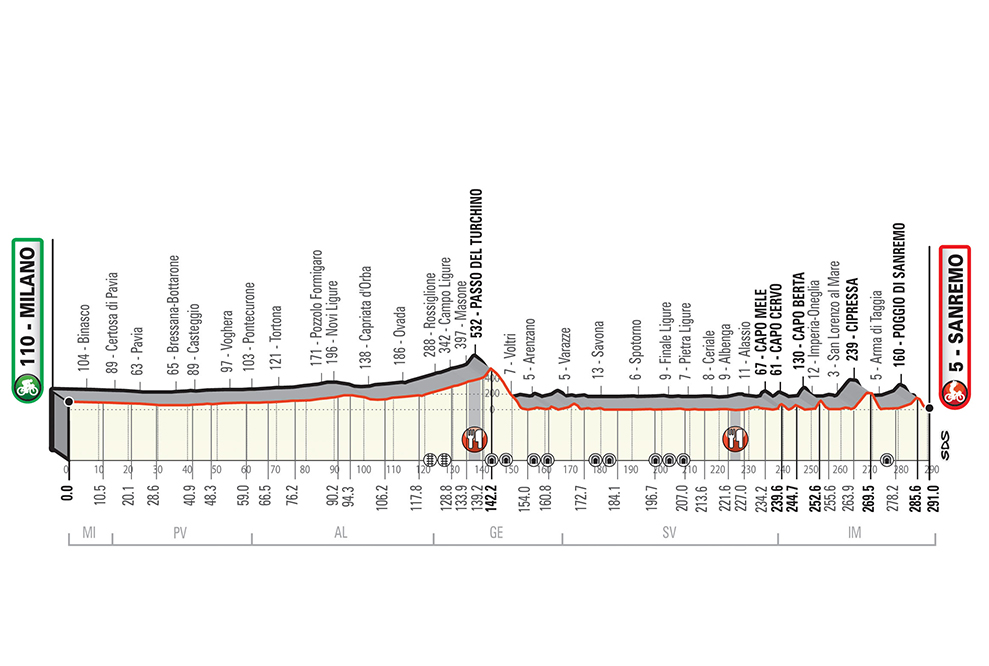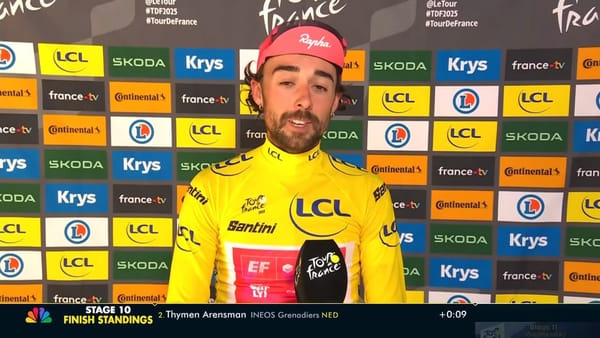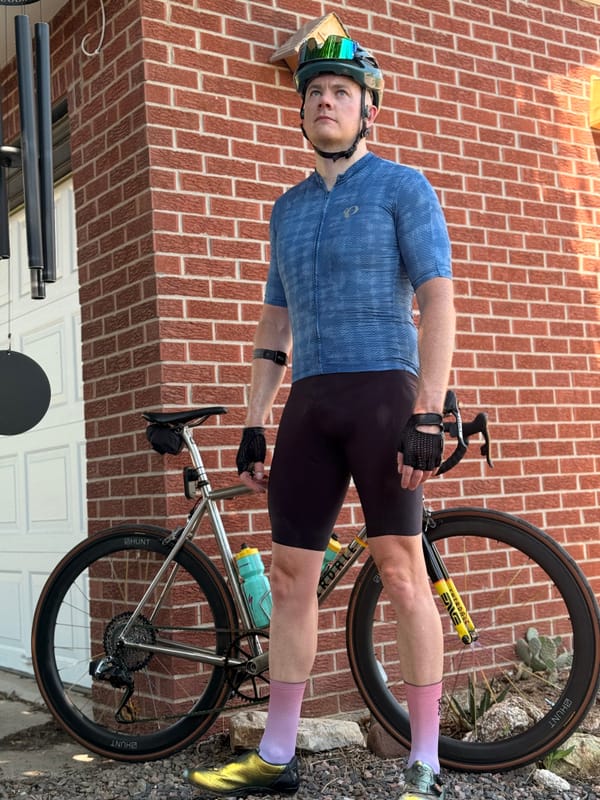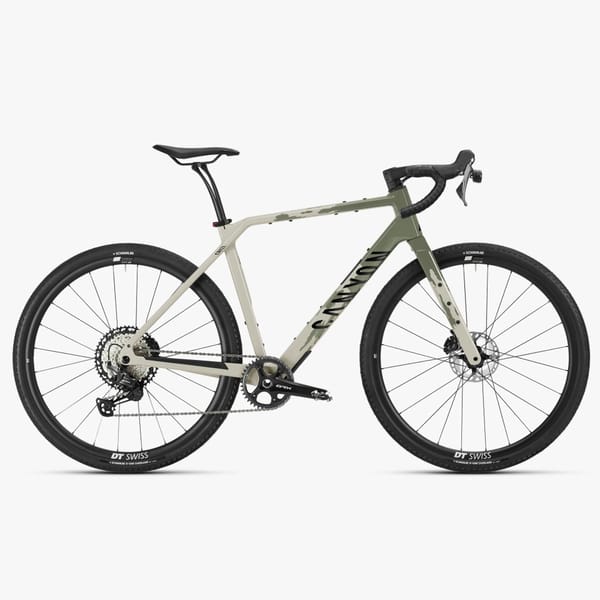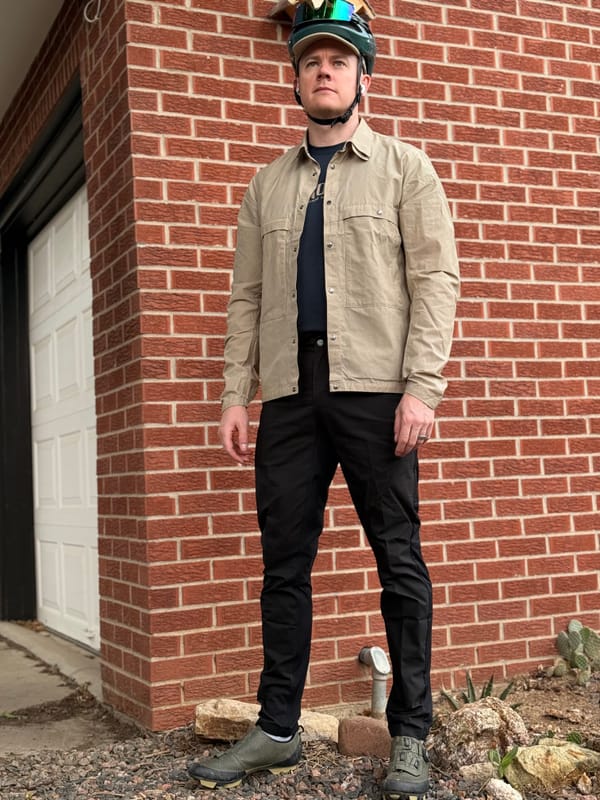2019 Milan-San Remo Guide: The Longest Race of the Year
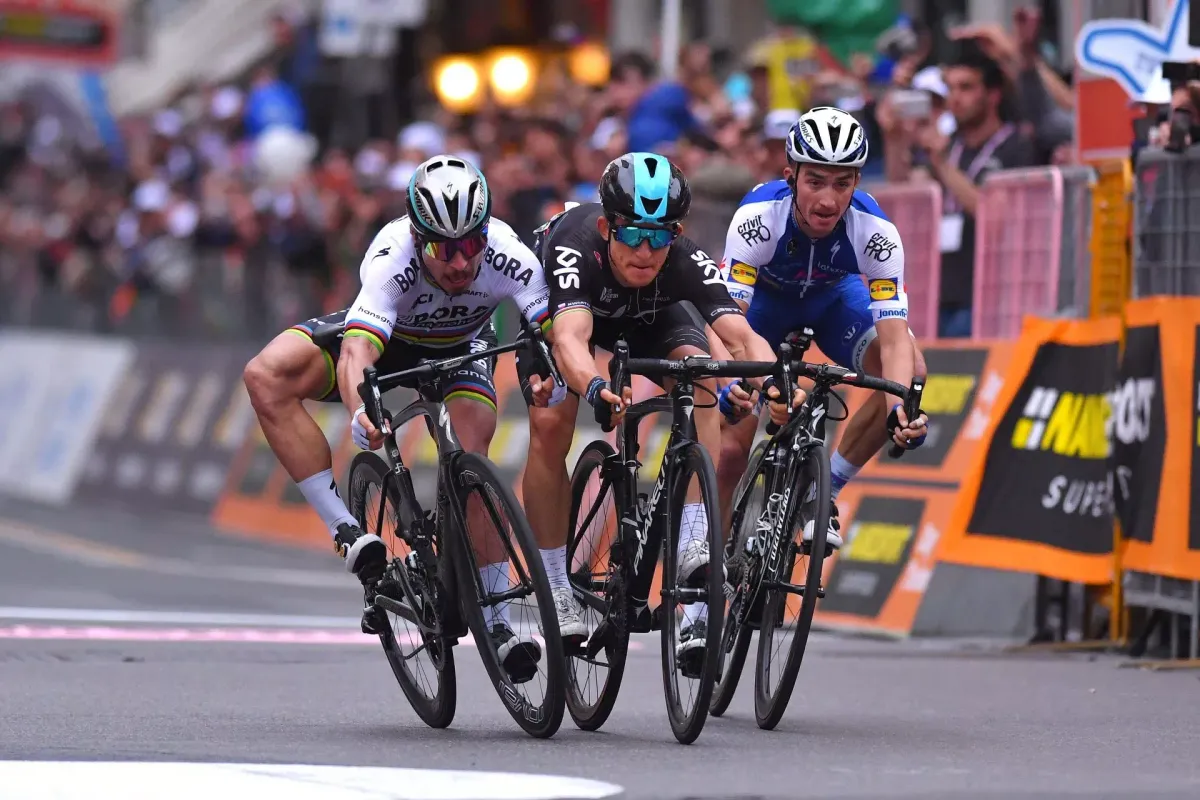
The Course
Milan-San Remo is the longest single-day race on the professional cycling calendar. The race covers a rather horrifying 291km which will see riders in the saddle for approximately seven hours.
The course heads to the south out of Milan toward the Mediterranean coast. The start of the race is relatively flat until the Passo del Turchino, a long, gradual climb riders will peak after 142 kilometers of racing. From there the race descends toward the coast of the Mediterranean and turns to the south-west in the direction of San Remo.
For another 100km the race covers flat, twisting, fast roads down the coast. The last 55km are where things start to get shaky.
There are five punchy climbs in the final 55km: the Capo Mele, Capo Cervo, Capo Berta, the Cipressa and the infamous Poggio. The first three are appetizers, the Cipressa and Poggio are where winners are made.
The Cipressa, peaking 22km from the finish, is 5.7km long at 4.1% (max 9%). The Poggio, peaking 5.4km from the finish, is 3.7km at 3.7% (max 8%). From the Poggio it’s downhill for 3.2km before 2.2km of pancake flat road to the finish line in San Remo.
The Tactics
Despite the peloton inevitably getting demolished over the final climbs, especially the Poggio. Milan-San Remo, of all the five monuments, tends to be a race for the sprinters.
A solo win is possible, Vicenzo Nibali did it just last year, but for the most part the race comes down to a small group of 25 riders or so. Pure sprinters have a shot, Mark Cavendish won in 2009 and Arnaud Demare in 2016. But, versatile strong finishers, like Michal Kwiatkowski in 2017, are more likely to survive the final climbs.
A solo victory is always the most exciting and Nibali wrote the textbook on how to do it; get away from the bunch on the Poggio and time-trial to the finish:
https://www.youtube.com/watch?v=gJCOLNg3BkE&vl=en
The Competition
Peter Sagan (Bora-Hansgrohe), who was battling a cold at a high-altitude training camp in Spain that affected his performance during Tirreno-Adriatico, will be aiming to win at San Remo. The monument has so far eluded him with two second-places in eight career starts. Alongside him will be teammate Sam Bennett, who won two stages at Paris-Nice.
Movistar confirmed Wednesday that world champion Alejandro Valverde and Michal Landa will both start. Valverde secured his first win of the season at stage 3 of the UAE Tour he’ll be looking to make more waves in the lead-up to the Tour of Flanders and the Ardennes. Landa is just coming back to racing after breaking his collarbone at the Mallorca Challenge in February.
Michael Matthews (Sunweb), also a victim of an early season crash, remains a question mark for Saturday’s race, but if he starts and shows up healthy could be a name to watch.
Elia Viviani will lead a very strong Deceuninck-Quick-Step team with Philippe Gilbert and Julian Alaphilippe. The Italian sprinter already has four wins under his belt in 2019, and it would be a vast understatement to say his team is on a hot streak. Alaphilippe is probably the safest bet, he is arguably the most versatile rider in the men’s peloton at the moment.
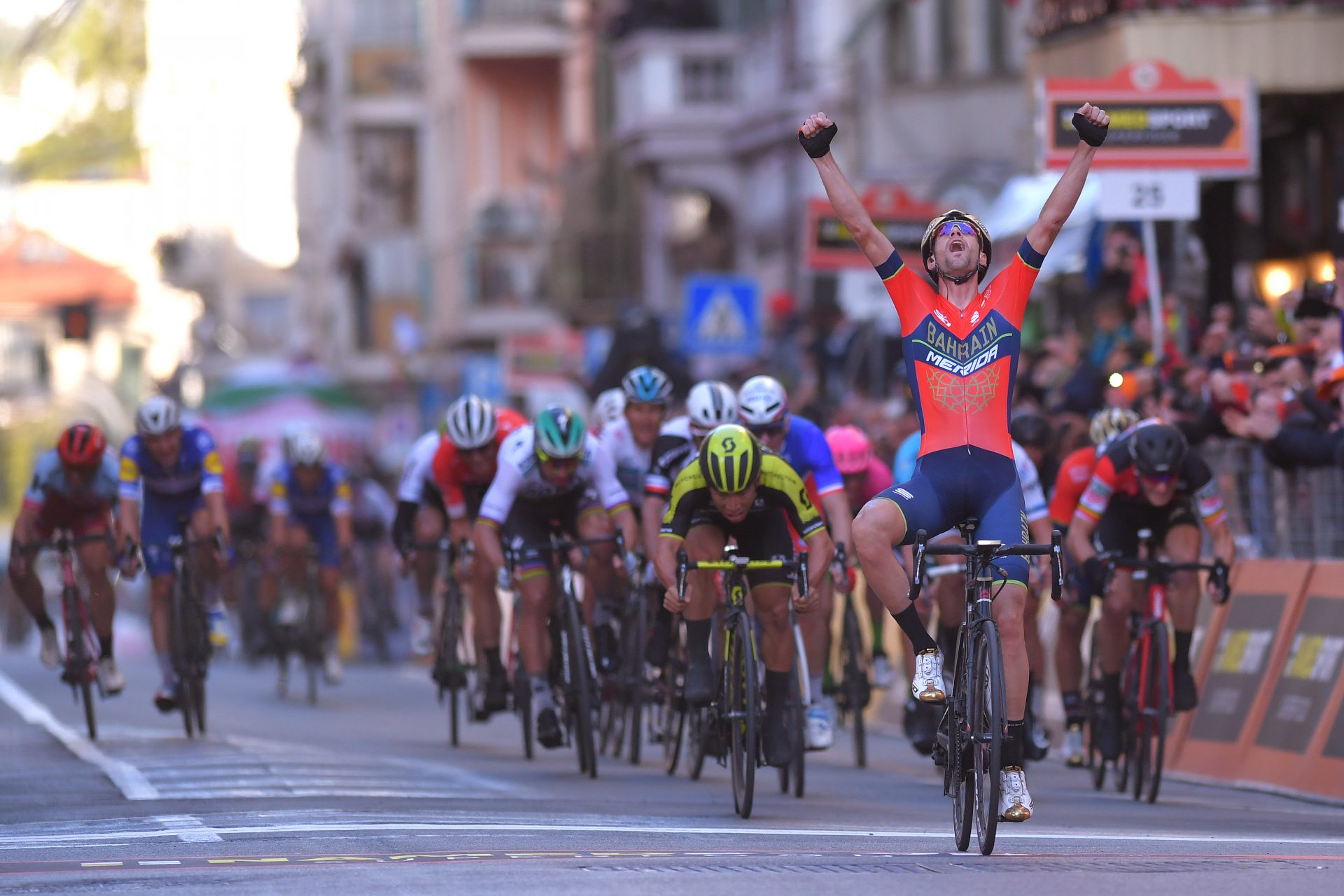
Defending champion Vincenzo Nibali (Bahrain-Merida) and his Italian countryman Sonny Colbrelli will both start. Nibali’s results so far this year don’t give a lot of inspiration. But neither did his record leading up to this race last year.
It’s unlikely 2017 champion Michal Kwiatkowski will start. Having just come third overall at Paris-Nice his targets are set on Liège-Bastogne-Liège.
Former winners John Degenkolb (Trek-Segafredo), Alexander Kristoff (UAE Team Emirates), and Arnaud Démare (Groupama-FDJ) will all be among the ranks.
Caleb Ewan (Lotto-Soudal) won the bunch sprint for second last year. Watch for his Lotto-Soudal teammates ensuring no one gets away over the Poggio.
Other names to watch this year include; Matteo Trentin (Mitchelton-Scott), Fernando Gaviria (UAE Team Emirates), Greg Van Avermaet (CCC Team), and Roman Kreuziger (Dimension Data).


